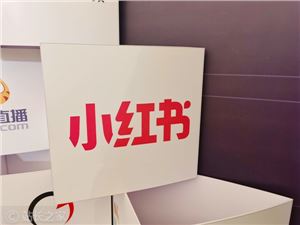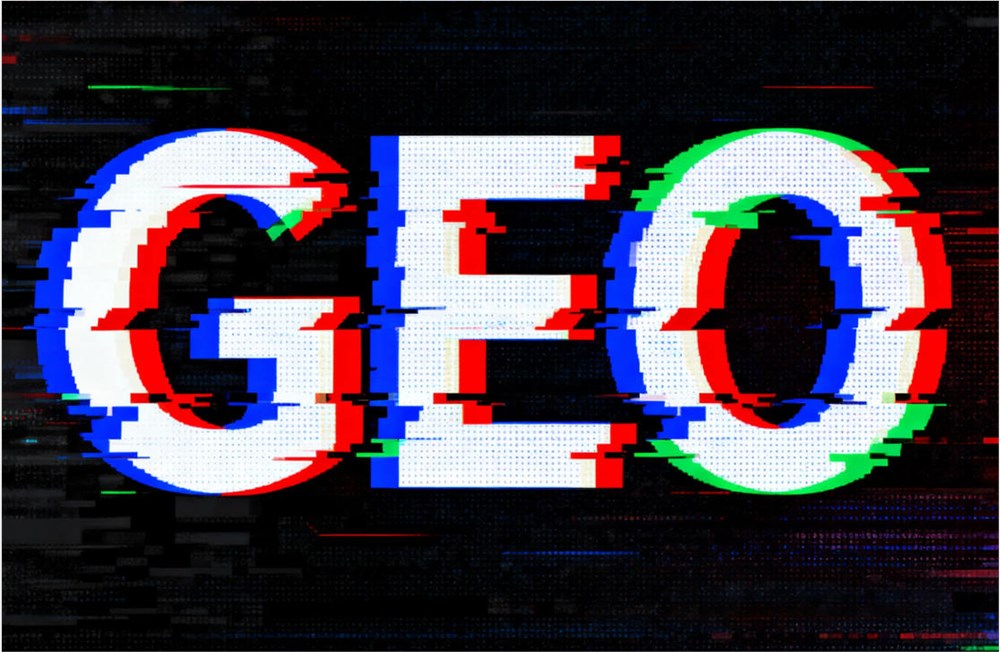Today, the Beijing Internet Court heard a case involving the infringement of personality rights through AI-generated voice, ultimately ruling in favor of the plaintiff.
The plaintiff, Yin某某, is a voice actor who discovered, to his surprise, that his voice had been AI-transformed and was being sold on a platform operated by the defendant, a smart technology company. Yin某某 sued the smart technology company and four other defendants, alleging that their actions severely infringed upon his voice rights. He demanded that the smart technology company and a software company immediately cease the infringement, apologize, and compensate him for economic and emotional damages.

The court found that a natural person's voice is unique, singular, and stable, and can be identified and linked to an individual's identity. In this case, the AI-generated voice was highly consistent with the plaintiff's original voice, recognizable by the public as belonging to the plaintiff, thus extending the plaintiff's voice rights to the AI-generated voice. The involved cultural media and software companies used the plaintiff's voice without consent, constituting an infringement and should bear legal responsibility.
Ultimately, the court ordered the involved smart technology and software companies to apologize to the plaintiff, and the cultural media and software companies to compensate the plaintiff 250,000 RMB. Neither party appealed the decision, which has now taken effect.
This case reflects the protection of personality rights, including voice rights, under China's Civil Code, while also setting legal boundaries for the application of AI technology. It emphasizes that technological applications should respect and protect personality rights. Experts believe this case provides valuable reference for the protection of voice rights and promotes the regulated development of the voice AI industry.










